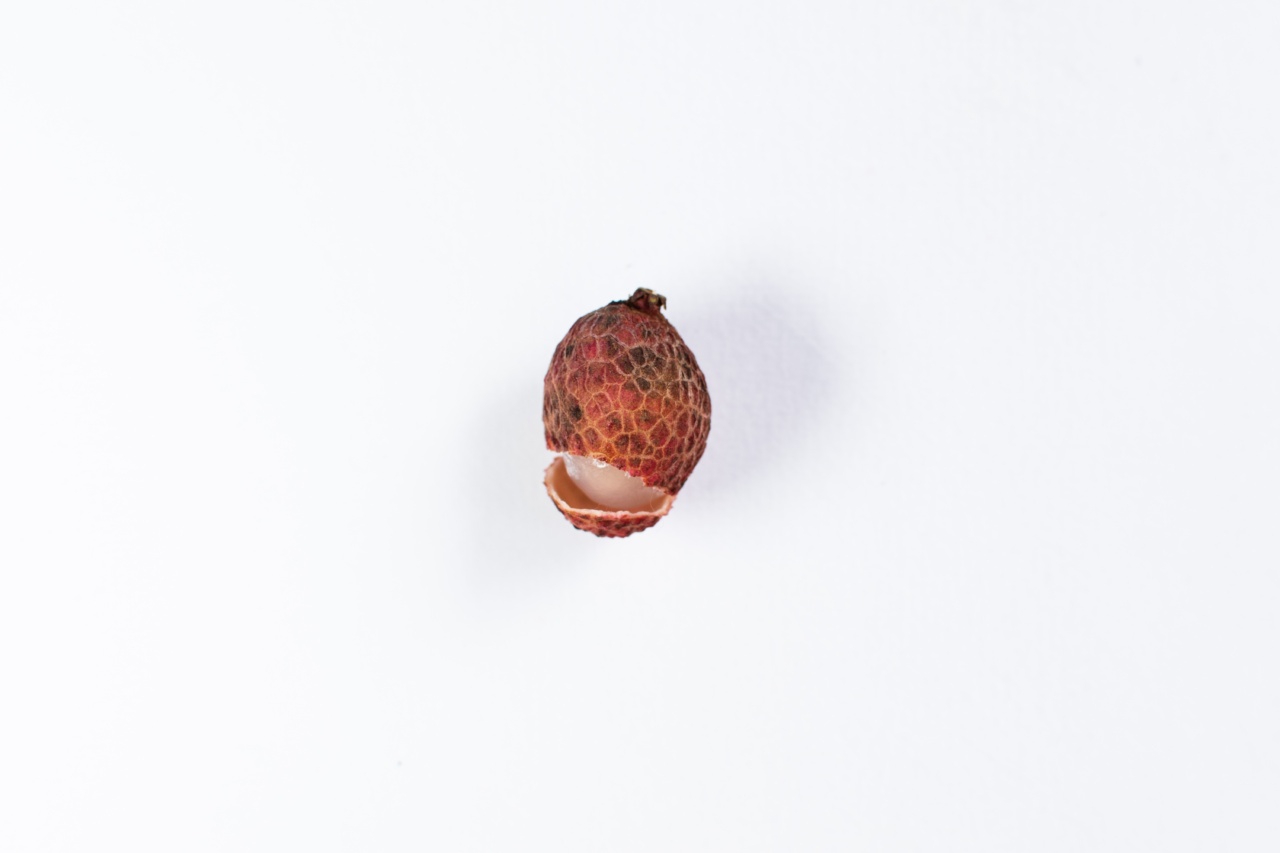Breast cancer is a serious and life-threatening disease that affects millions of women worldwide. It is the most common cancer among women and the second leading cause of cancer-related deaths.
The traditional treatment options for breast cancer include surgery, chemotherapy, radiation therapy, and hormone therapy. However, there is increasing interest in alternative treatments, such as using fruits, for managing breast cancer. This article explores the potential of fruits as an alternative treatment for breast cancer.
The Importance of a Healthy Diet in Breast Cancer Treatment
Before diving into the specific role of fruits in breast cancer treatment, it is essential to understand the importance of a healthy diet.
A well-balanced diet rich in nutrients can help support the body’s immune system, enhance overall health, and potentially reduce the risk of cancer development and progression.
Fruits and Antioxidants
Fruits are known for their high content of vitamins, minerals, and antioxidants. Antioxidants play a crucial role in protecting the body against oxidative stress caused by free radicals.
Oxidative stress can damage cells and DNA, potentially leading to the development of cancer.
Many fruits, such as berries, citrus fruits, and tropical fruits, are packed with antioxidants like vitamin C, vitamin E, and beta-carotene. These antioxidants neutralize free radicals and may help reduce the risk of cancer.
Fruits and Phytochemicals
In addition to antioxidants, fruits contain various phytochemicals that have unique properties and potential health benefits.
Phytochemicals are naturally occurring compounds found in plants and have been associated with numerous health benefits, including cancer prevention and treatment.
Several studies have investigated the effects of phytochemicals found in fruits on breast cancer cells.
For example, studies have shown that certain compounds, like resveratrol found in grapes and berries, can inhibit the growth of breast cancer cells and induce their programmed cell death, also known as apoptosis.
The Power of Berries
Berries, including strawberries, blueberries, raspberries, and blackberries, have gained considerable attention for their potential in cancer prevention and treatment.
These small fruits are particularly rich in antioxidants, including anthocyanins, which give berries their vibrant colors.
Anthocyanins have been shown to possess anti-cancer properties by reducing inflammation and oxidative stress, inhibiting tumor growth, and inducing cancer cell death.
In one study, strawberry extract was found to inhibit the growth of breast cancer cells and reduce their viability.
Furthermore, berries have been reported to help reduce the side effects associated with traditional breast cancer treatments, such as chemotherapy.
Studies suggest that consuming berries may mitigate chemotherapy-induced oxidative stress and inflammation, potentially improving treatment outcomes and quality of life.
Citrus Fruits and Vitamin C
Citrus fruits, such as oranges, lemons, grapefruits, and limes, are well-known for their high vitamin C content. Vitamin C is a potent antioxidant that helps protect cells from damage caused by free radicals.
Early research suggests that vitamin C may play a role in reducing the risk of certain types of cancers, including breast cancer.
While the direct impact of vitamin C on breast cancer cells is still being investigated, its antioxidant properties and potential immune-boosting effects are deemed beneficial in supporting overall health during breast cancer treatment.
Kiwis and Folate
Kiwis are a nutrient-dense fruit that can be a valuable addition to a breast cancer diet. They are known for their high vitamin C content, but they also offer another important nutrient – folate.
Folate, also known as vitamin B9, is essential for DNA synthesis and repair. Adequate folate intake has been shown to support healthy cell division and reduce the risk of certain cancers, including breast cancer.
Additionally, kiwis contain other beneficial compounds, such as polyphenols and carotenoids, which have antioxidant and anti-inflammatory properties. These compounds may contribute to cancer prevention and overall health.
Pomegranates and Ellagic Acid
Pomegranates are a unique fruit rich in antioxidants and phytochemicals. One notable compound found in pomegranates is ellagic acid, which has been studied for its potential anti-cancer effects.
Research has shown that ellagic acid can inhibit the growth of breast cancer cells and stimulate apoptosis. It can also prevent angiogenesis, the formation of new blood vessels that support tumor growth.
In one study, pomegranate extract was found to decrease the size of breast cancer tumors in mice.
Cruciferous Vegetables and Breast Cancer Prevention
While fruits take the spotlight in this article, it is important to mention cruciferous vegetables briefly.
Vegetables like broccoli, cauliflower, kale, and Brussels sprouts belong to the cruciferous family and have been associated with a lower risk of breast cancer.
Cruciferous vegetables contain several compounds, including glucosinolates, that have been reported to possess anti-cancer properties.
These compounds can be converted into active substances that help detoxify and eliminate potential carcinogens, reduce inflammation, and inhibit the growth of cancer cells.
Conclusion
Fruits offer a myriad of health benefits and have the potential to contribute to breast cancer prevention and treatment.
Their high content of antioxidants, phytochemicals, and essential nutrients make them valuable additions to a healthy diet during breast cancer treatment.
However, it is crucial to note that fruits alone cannot replace conventional medical treatment for breast cancer.
Integrated approaches, combining traditional medical treatments with a well-balanced diet inclusive of fruits and vegetables, are recommended for the best outcomes.
Always consult with a healthcare professional and registered dietitian before making any significant changes to your diet or attempting alternative treatments for breast cancer.






























